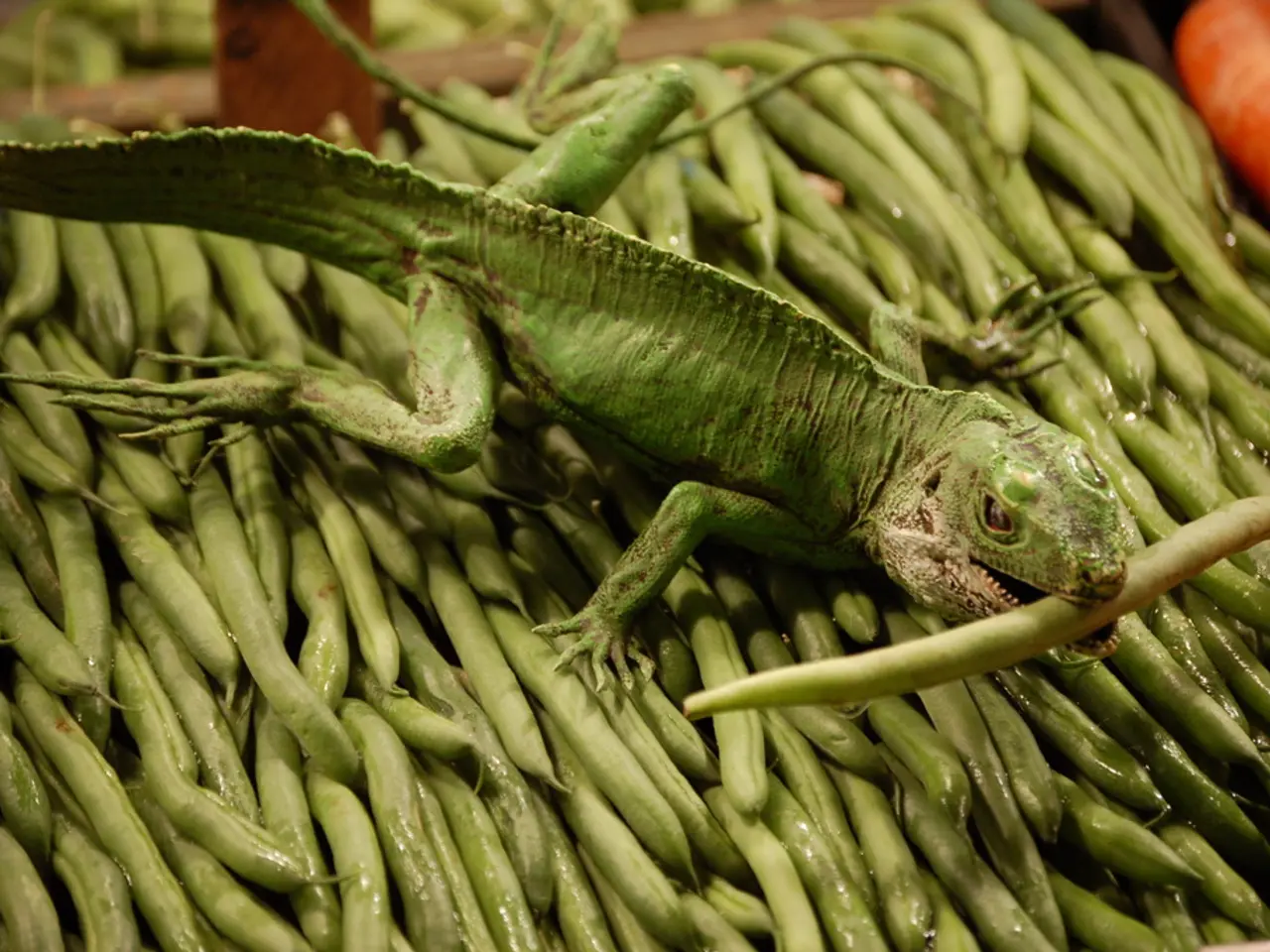Rare, Previously Extinct Creature Re-emerges on Galapagos Islands
New Discoveries Shed Light on the Unique Leaf-toed Gecko Population of Rábida Island
The Galápagos Islands have once again proven to be a treasure trove for biodiversity, with the recent discoveries of a unique population of the Phyllodactylus maresi, or leaf-toed gecko, on Rábida Island. This gecko was thought to be extinct for thousands of years, known only from fossil records, until it was rediscovered in 2012.
The rediscovery of this elusive species is a testament to the success of conservation efforts aimed at restoring the island's ecosystem. One of the key initiatives was the eradication of invasive brown rats, which had been decimating native species for years. The gecko's return is a clear demonstration of nature's ability to recover when habitats are rebalanced and invasive threats are neutralized.
This event underscores the importance of targeted invasive species removal in conservation strategies to restore and preserve island ecosystems and their unique biodiversity. The 2011 rat eradication project, led by Island Conservation in partnership with local Galápagos authorities and research foundations, was instrumental in allowing native species, including the leaf-toed gecko, to rebound. Live geckos were first observed shortly after this intervention, validating the project's effectiveness and offering a model for similar restoration efforts on islands globally.
Further research on the Phyllodactylus genus and additional sampling from other Galápagos islands is needed to better understand the full scope of this gecko's genetic variation. The Rábida Island population, in particular, has shown a unique genetic identity, suggesting that these geckos have evolved separately and may warrant consideration as an Evolutionary Significant Unit (ESU).
In addition to the 2012 discovery, further live specimens were found in 2019 and 2021. However, the first rediscovered specimen was photographed and collected but lost before preservation. Despite this setback, the genetic analysis of the subsequent specimens in 2019 and 2021 confirmed the geckos' identity, and the findings were published in a study in PLOS ONE.
Preserving this isolated population could help ensure the long-term survival of the leaf-toed gecko species. The unique genetic identity of the Rábida Island population adds importance to their conservation. The rediscovery of the leaf-toed gecko on Rábida Island serves as a beacon of hope and evidence for the power of well-coordinated, science-driven conservation actions to revive endangered or lost species populations.
[1] Island Conservation. (2012). Rábida Island: Successful Rat Eradication. Retrieved from https://www.islandconservation.org/success/rabida-island
[2] Island Conservation. (2013). Rábida Island: A Success Story. Retrieved from https://www.islandconservation.org/news/rabida-island-success-story
[3] Island Conservation. (2014). Rábida Island: A Conservation Success Story. Retrieved from https://www.islandconservation.org/news/rabida-island-conservation-success-story
[4] PLOS ONE. (2021). Rediscovery of the Leaf-toed Gecko (Phyllodactylus maresi) on Rábida Island, Galápagos. Retrieved from https://journals.plos.org/plosone/article?id=10.1371/journal.pone.0255656
Scientists investigating the unique biodiversity of the Galápagos Islands may find it beneficial to explore the potential connections between the Phyllodactylus maresi, or leaf-toed gecko, and other areas of study such as health-and-wellness, given the gecko's resilience and ability to thrive after conservation efforts. Additionally, environmental-science research could greatly benefit by examining the gecko's genetic variation and its potential impact on the Rábida Island ecosystem, providing insights into space-and-astronomy, as the islands' isolation offers a natural laboratory for studying evolutionary processes.




